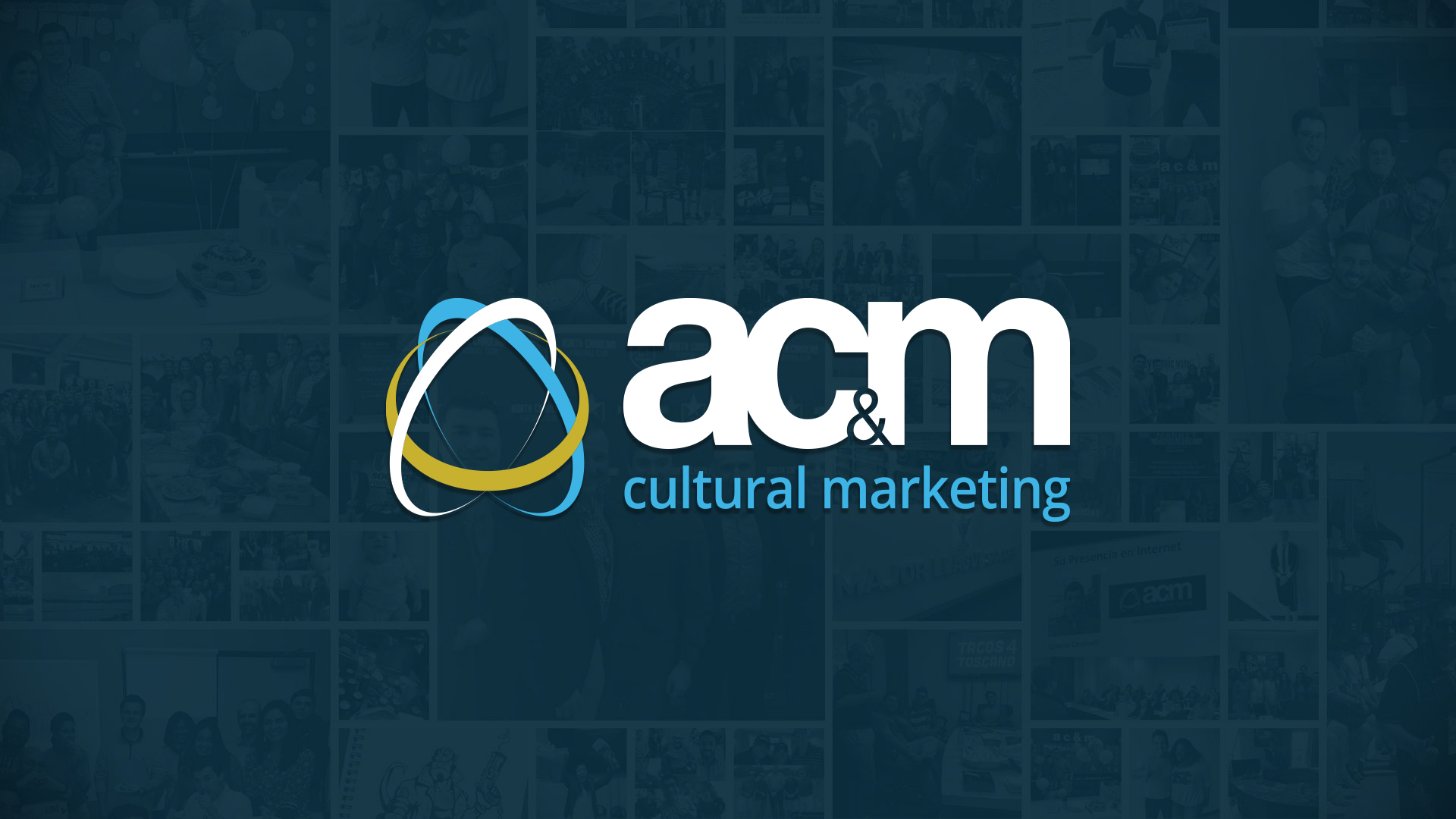
17 Jul How Facebook Is Challenging YouTube
It all started three weeks ago when Facebook announced that it would give advertisers the option of paying for video ads–only when they are viewed for at least 10 seconds. This move came after marketers complained for having to pay for videos that were not even viewed by users.
The day after, the social media giant announced that, as YouTube, it would start sharing ad revenue with video creators. This received some good feedback from bloggers and marketers, who admit this is the only reason why they have stayed on YouTube.
Facebook has been focusing much on its video services offerings. Last week, they kept pushing these services, sharing that the company was testing floating videos so users can scroll and watch at the same time.
In the course of 3 weeks, Facebook has aggressively shared a big amount of upcoming features that may not sympathize with YouTube. The video-sharing website has been around since 2005—a year less than Facebook, but has taken over this ground. YouTube has 1 billion users and an estimate revenue of $4 billion in 2014. Until this day, YouTube is the most used video-sharing platform.
Challenging this matter, Facebook is now seeking music video licensing deals. Facebook could really become YouTube’s biggest rival, having a vast size of 1.4 billion users around the world. Even though the project is still in its early stages, Facebook has had some preliminary discussions with multiple labels over the past few weeks, and could probably start inserting music videos in the upcoming months.
But how does this affect marketers?
According to Marketing Magazine, all these changes mean that brands shouldn’t take their current position in Facebook video for granted. For now, video posts remain the best organic way to reach an audience, but if the social media giant step up its video ad business—which is most likely—brands will likely be encouraged to pay for that reach in time.
In addition to video, Facebook has made changes on how it charges advertisers for clicks, to ensure marketers are getting some actual ROI. They have dropped the charges for social sharing, and will only charge for ‘link clicks’. The news feed has been tweaked as well, letting users update their preferences to see more of what they select (news from pages and friends), to see it appear at the top of their feed, resulting in less organic reach for brands.
What do you think about Facebook’s changes?


